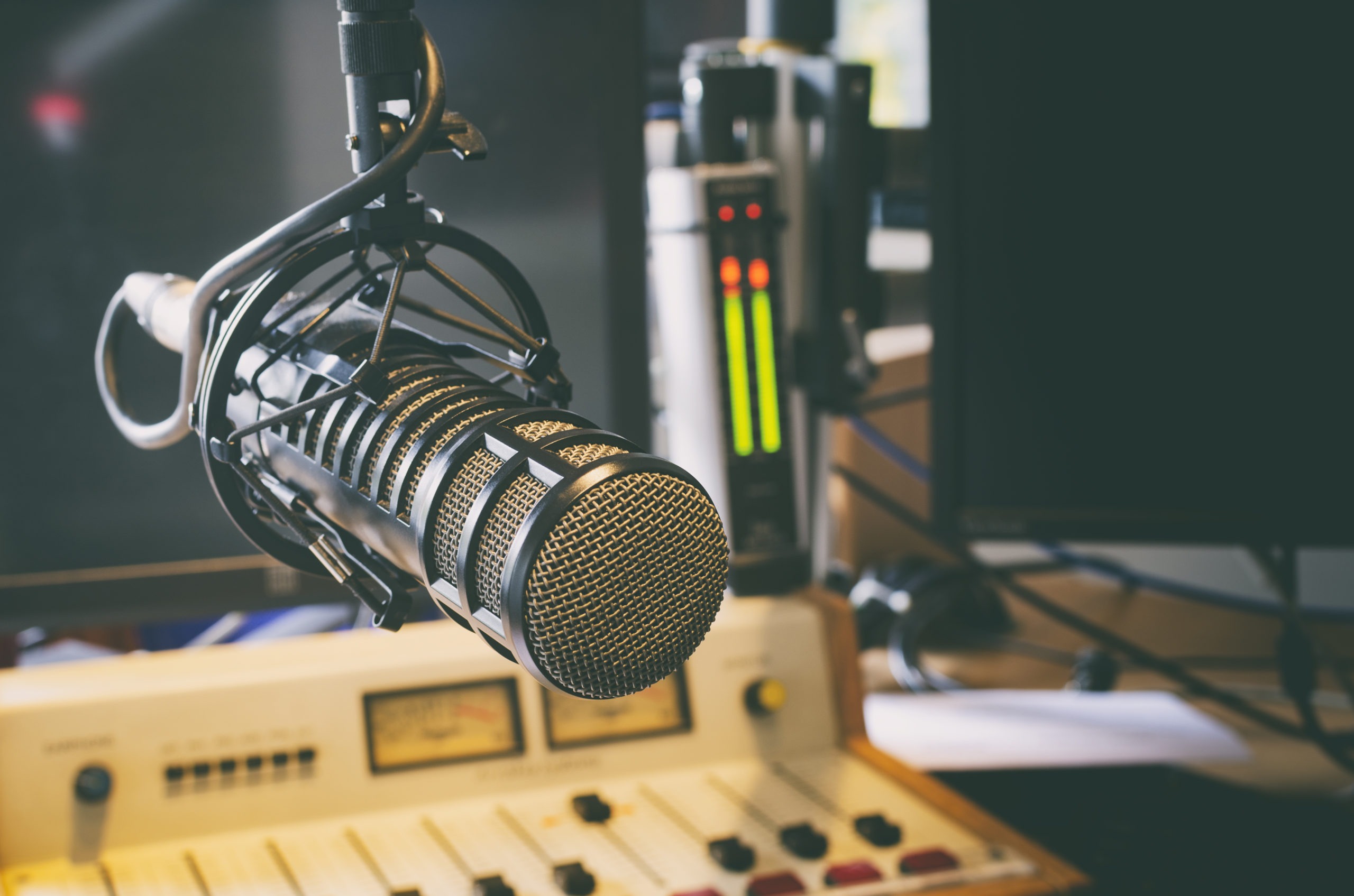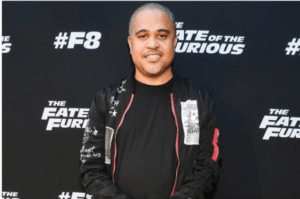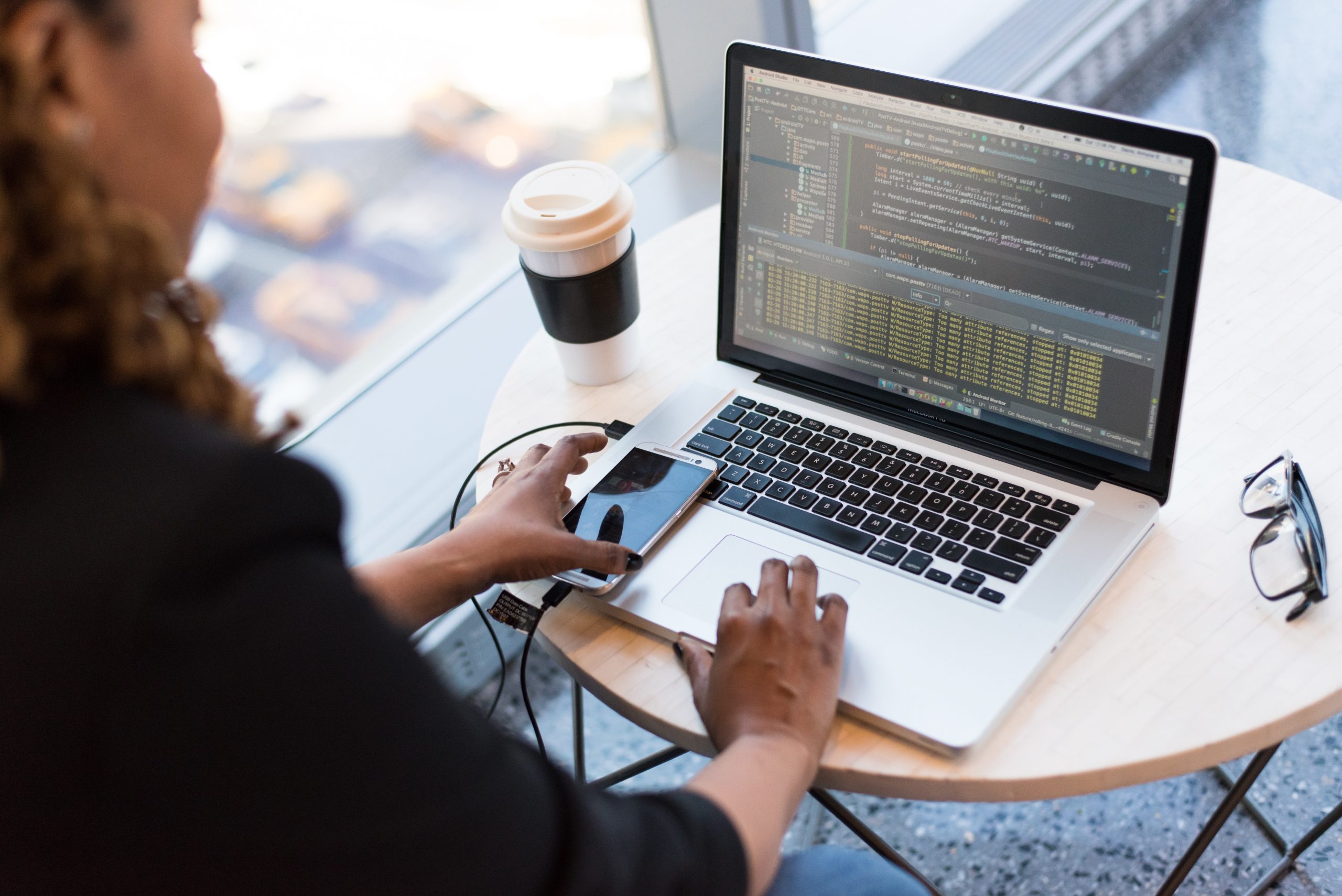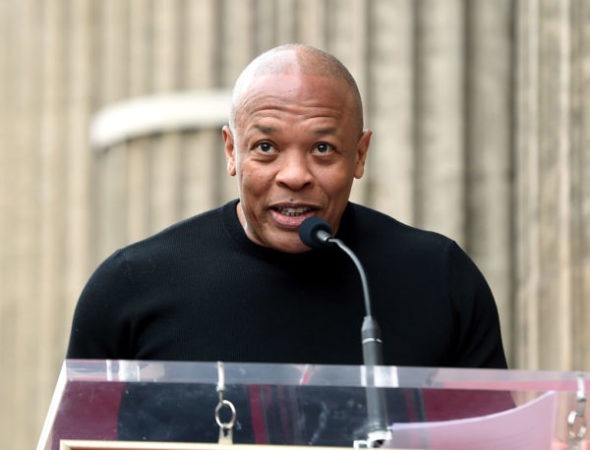
In 2025, legendary R&B and hip-hop artists continue to defy the traditional gatekeepers of commercial radio airplay by leveraging AI-driven tools, direct-to-consumer (D2C) platforms, and savvy entrepreneurial strategies to sustain and grow their careers on their own terms.
Over the past decade, we’ve witnessed veteran artists like Diddy, New Edition, and A Tribe Called Quest pivot from relying on radio spins to embracing technology and independent distribution. These moves have allowed them to monetize their legacy while engaging both longtime fans and new listeners through targeted streaming playlists on platforms like Spotify, Apple Music, and Tidal, which now offer sophisticated data analytics to fine-tune audience targeting and marketing efforts[1]. Meanwhile, iconic collaborations such as Mariah Carey and Lionel Richie’s joint tours prove that even without heavy radio rotation, established artists can still command massive live audiences and lucrative deals.
Welcome to the AI-Enhanced, Direct-to-Fan Era
Social media remains a cornerstone, but in 2025, AI-powered marketing automation and personalized fan experiences have revolutionized how artists connect with their audience. The old radio model—with its tight playlists designed to create artificial scarcity—is increasingly irrelevant. Instead, artists who understand supply and demand now harness AI tools to analyze streaming data, optimize release timing, and craft hyper-targeted ad campaigns that reach the right fans worldwide[1].
Formats like the “BOOM” stations that revived older hip-hop artists in previous years have evolved into digital-first channels and niche streaming stations, capitalizing on decades of hip-hop’s rich catalog. Artists who embrace these platforms, surround themselves with teams that deeply understand their cultural legacy and business value, and hit the road with smart touring strategies are cashing in on renewed interest fueled by both nostalgia and fresh content.
Understanding the business side is no longer optional. The most successful artists today are those who have mastered their own data, marketing, and branding, cutting out traditional middlemen who historically controlled access to fans and revenue. This entrepreneurial mindset is especially vital for Black artists who have often been marginalized by biased research and gatekeeping in the industry.
Lessons from the Young Creators
Veteran artists are watching closely as younger creators dominate by using AI tools for content creation, immersive digital experiences, and direct fan monetization. Platforms like Patreon, OnlyFans, and NFT marketplaces enable artists to sell exclusive content and experiences directly to their most loyal supporters, bypassing streaming’s low payout model[2].
While legacy and relationships remain a powerful advantage for older artists, the post-40 consumer market is finally being recognized as a lucrative demographic rather than ignored. AI-driven analytics reveal that mature audiences continue to spend on music and merchandise when properly engaged. The stigma that older consumers aren’t “sexy” or valuable has been shattered by data showing consistent purchasing power and brand loyalty.
Despite some resistance within the industry to new tech, many artists over 40 are embracing AI and social media to run their own businesses, manage their brands, and reach global audiences without exorbitant fees. The direct-to-consumer approach obliterates the middleman, allowing artists to build emotional connections and inspire fans in ways that traditional marketing never could.
Outdated, biased market research that once marginalized Black audiences is being dismantled by real-time social media data and AI analytics, giving artists unprecedented insight into their true fanbase. This transparency is forcing marketing companies to rethink their strategies and acknowledge the power of authentic engagement.
In 2025, the artists who thrive are those who recognize their own value and legacy, harness AI and automation to amplify their reach, and treat their careers as entrepreneurial ventures. The end of a career is now the artist’s choice, not the industry’s.































